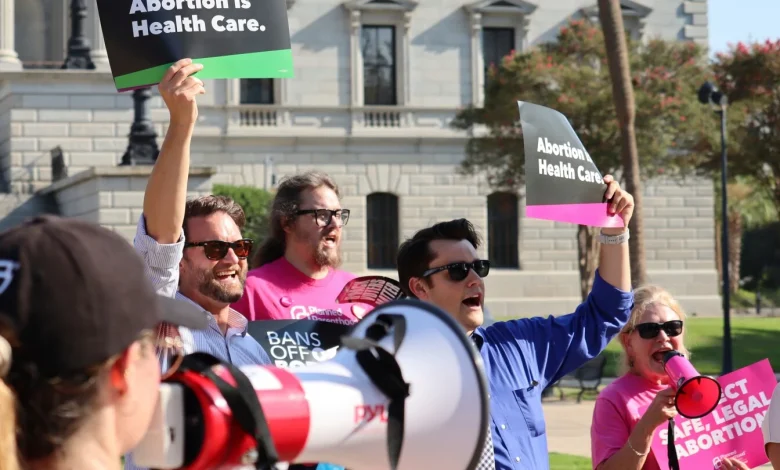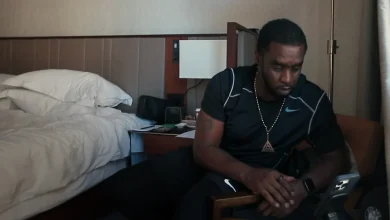What would have been the most restrictive abortion bill in the US stalls in South Carolina

COLUMBIA, S.C. (AP) — A South Carolina bill that would allow judges to sentence women who get abortions to decades in prison and could restrict the use of IUDs and in vitro fertilization has stalled after failing to get out a legislative subcommittee Tuesday.
Four of the six Republicans on the subcommittee refused to vote on the bill, which would ban all abortions unless the woman’s life is threatened. The three Democrats were then able to vote against sending the bill forward.
The proposal is not dead, but the effort did reveal a lack of support for the most extreme positions among groups opposing abortions. If the bill had been sent to the full Medical Affairs Committee, it would have gone further than any other such proposal across the U.S. since the Supreme Court overturned Roe v. Wade in 2022.
In declining to vote on the bill, Republican state Sen. Jeff Zell said he wants to stop as many abortions as possible but that most people aren’t interested in such extreme positions. He said other issues are more important to South Carolina residents.
AP AUDIO: Group of South Carolina lawmakers look at the most restrictive abortion bill in the US
AP correspondent Mike Hempen reports a group of South Carolina lawmakers look at the most restrictive abortion bill in the US.
“Say what you want. Play your politics. I’m not interested in that. What I’m interested in is speaking on behalf of South Carolinians and they’re not interested in this bill right now,” Zell said.
South Carolina already bans abortions after cardiac activity is detected, which is typically six week into a pregnancy, before many women know they are pregnant. The state allows abortions for rape and incest victims up to 12 weeks.
Stay up to date with the news and the best of AP by following our WhatsApp channel.
Follow on
Tuesday’s vote came after two failed attempts to either lessen or eliminate a proposal in the bill to punish a woman who gets an abortion and anyone who helps them with up to 30 years in prison. An attempt to remove a provision making it a crime to tell someone where they could obtain an abortion or taking them someplace where the procedure is legal also failed.
The bill also appeared to ban any contraception that prevents a fertilized egg from implanting, which would ban intrauterine devices and could limit in vitro fertilization.
Providing information about abortions would be illegal, leaving doctors worried they couldn’t suggest places where the procedure is legal.
Republican Sen. Richard Cash, who sponsored the bill and is one of the Senate’s most strident voices against abortion, wanted to keep the criminal penalties.
He said that before Roe v. Wade was overturned, abortion opponents did not consider all the ramifications of banning abortion, like how to treat embryos.
“We never even thought about it. And now we do,” Cash said.
Abortion remains an unsettled issue in conservative states and anti-abortion groups are divided over how much more to restrict it.
South Carolina Citizens for Life, one of the state’s largest and oldest opponents of abortion, issued a statement last month saying it can’t support Cash’s bill because women who get abortions are victims too and shouldn’t be punished.
On the other side, at least for this bill, are groups like Equal Protection South Carolina. “Abortion is murder and should be treated as such,” founder Mark Corral said.
Democratic Sen. Brad Hutto said he is glad this bill isn’t advancing because it had so many bad components. But he expects abortion to be an issue again when the regular General Assembly session starts in 2026.
“I say, if it’s January, there’s an abortion bill,” Hutto said.





